
As Pittsburgh ages, Black families shoulder heavy dementia care burden
“Right now we expect caregivers to kind of just tough it out on their own,” said Steven Albert, professor of behavioral and community health sciences.
2050 look-ahead: Same diseases, new approaches mostly ahead for health care sector
“We don’t have a choice in public health — I am always hopeful,” said Dean Maureen Lichtveld. “My hope is strengthened because of the realization that we cannot do it alone.”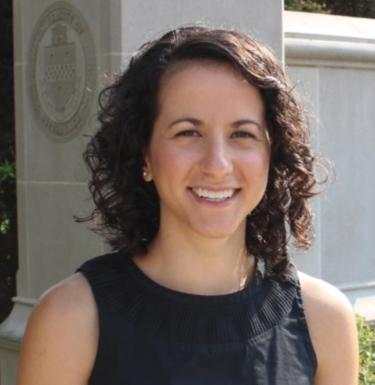
Pitt Works: Making the accreditation process smooth and seamless
“I don’t think people really grasp how much work goes into an accreditation — and I hope they don’t realize it,” says Renee Valenti, director of educational programs & accreditation initiatives.
Taking a stride toward early ADRD detection
"Understanding what mechanisms are behind reduced mobility and why it may be more common among people who are at risk of dementia can help us create interventions that will help them," said Andrea Rosso associate professor in epidemiology.
No, parents didn't spend child tax credit money on drugs, study finds
“This evidence does not support policymaker concerns about increased parental substance use outweighing the substantial benefits of [advance child tax credit] monthly payments to low-income children and families,” said Assistant Professor of Health Policy and Management J. Travis Donahoe.
Possible asthma phenotype associated with rheumatoid arthritis
“Asthma and rheumatoid arthritis (RA) are both prevalent diseases with well-defined immunological bases, with one often considered allergic (Type 2) and the other autoimmune (Type 1/Th1),” said Department of Environmental and Occupational Health Professor and Chair Sally Wenzel.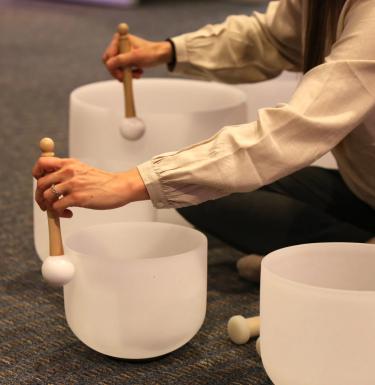
Pitt medical students study the healing power of sound with renowned CMU violinist
Jessica Burke, professor of behavioral and community health sciences and vice chancellor for global affairs in health sciences, said Mead’s course at Pitt will provide a good opportunity to add to the research about the phenomenon of sound healing.
Bird flu H5N1 claims first human life in U.S.: 'We remain vigilant'
“Regarding this first human death, it’s important to recognize that this is the only case,” said Suresh Kuchipudi, professor and chair of infectious diseases and microbiology.
Cats keep catching and spreading a puzzling and deadly disease: Is your cat safe?
The U.S. isn't fully capturing spread in pets like cats, compared to surveillance for livestock and people, said the study’s senior author, Suresh Kuchipudi, professor and chair of infectious diseases and microbiology.
Study shows women experiencing sexism feel equivalent of 9 years of cognitive decline
“This is the first time I’ve seen a measure like structural sexism linked to cognitive decline,” said Elizabeth Shaaban, assistant professor of epidemiology.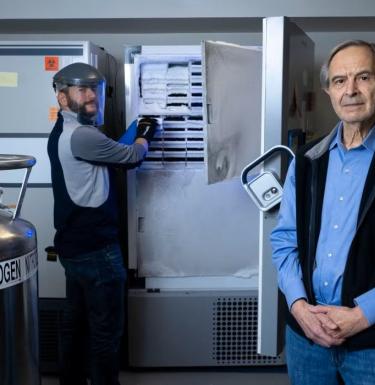
40 years later, the Pitt Men’s Study is still breaking ground in the fight against AIDS
The Pitt Men’s Study recently commemorated 40 years of trailblazing research, including contributions to more than 1,700 scientific articles.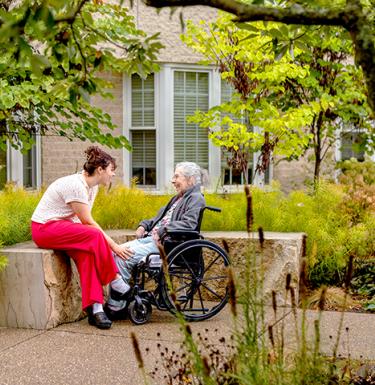
A collaborative program to rethink nursing home care
“The original Teaching Nursing Home Initiative ran its course with some success,” explains Howard Degenholtz, professor of health policy and management.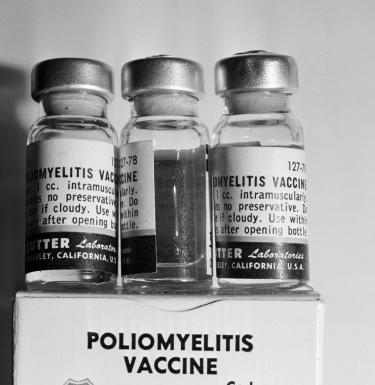
Polio is eradicated in Canada. Will vaccine skepticism usher in a return?
Peter Salk professor in the department of infectious diseases and microbiology, explained that the public’s fear of serious diseases has diminished over time, as the terrifying effects of polio have faded from memory.
Community spaces can help reduce eviction and alcohol-related impacts
Michelle Dougherty, PhD student in the Department of Behavioral and Community Health Sciences, is a researcher studying eviction and its impact on health outcomes. Michelle’s latest work focuses on eviction, alcohol use, alcohol-related impacts, and how they interact.